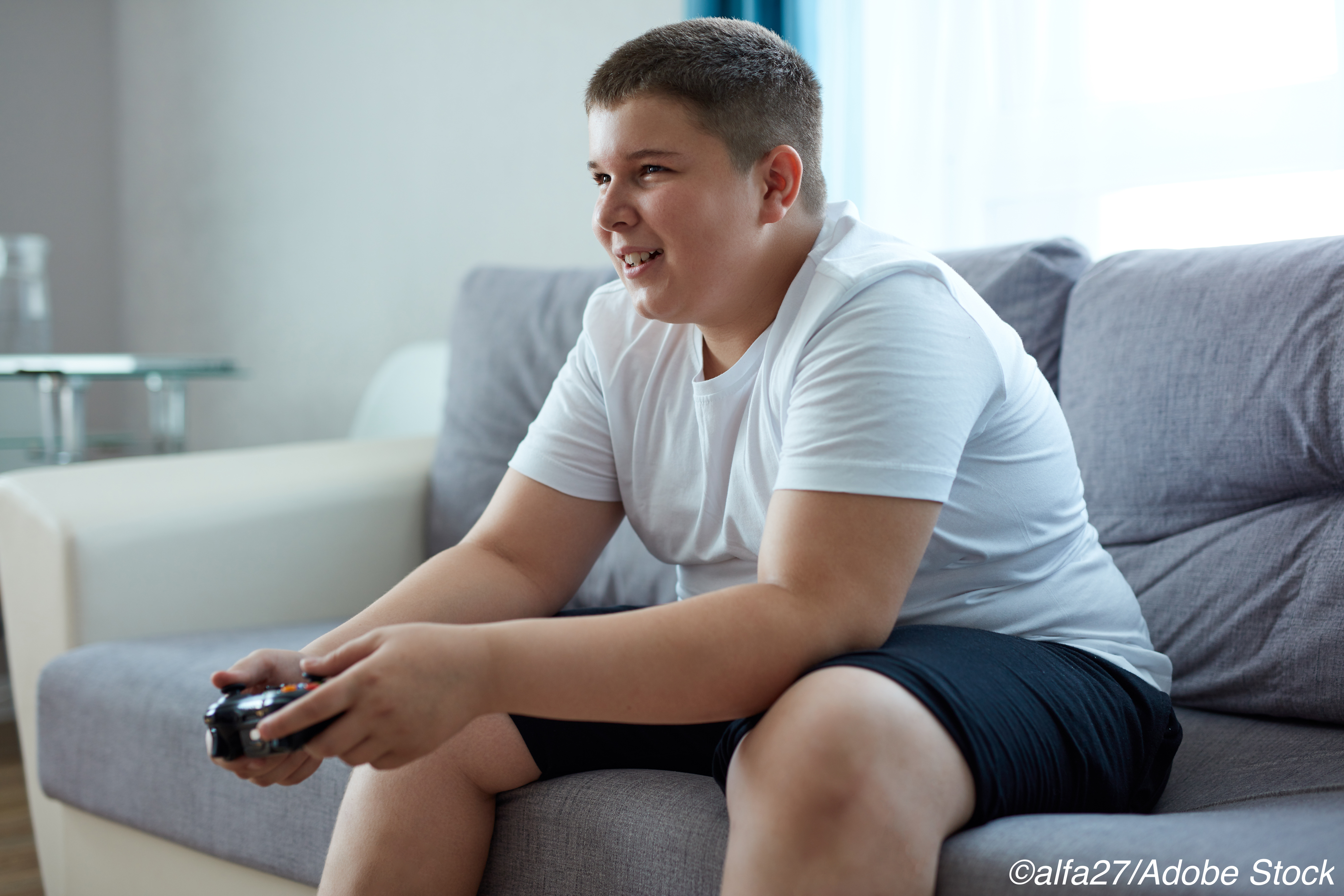
That was the take home message from a systematic literature review seeking to identify optimal strategies for parental involvement in adolescent obesity treatment, recently published in the journal Pediatrics.
Researchers identified 32 studies of obesity treatments among 12 to 18-year-olds that included some information on parental involvement, including 23 unique randomized clinical trials. Just 5 of these trials experimentally manipulated the role of parents in the obesity treatment and less than half (approximately 40%) reported no parent-related outcomes.
Researcher Melanie K. Bean, PhD, of Virginia’s Children’s Hospital of Richmond, and colleagues concluded that due to the paucity of data “the optimal approach to involving parents in adolescent obesity treatment is unclear,”
“There are many opportunities for additional research to clarify the role of parents in adolescent behavioral weight loss trials,” they wrote, adding that future studies should “thoroughly describe how parents are involved in obesity treatment, measure parents’ adherence to intervention strategies, assess specific parent-related behavior change techniques and outcomes, and examine associations between parent and adolescent weight outcomes.”
In an editorial published with the study, pediatrician and obesity researcher Sandra Hassink, MD, wrote that parental involvement in adolescent obesity treatment must be considered in the context of the child’s developmental trajectory, obesity severity, and “variation in how adolescents and parents see their role in treatment during this transitional phase of development.”
In an interview with BreakingMED, Hassink, who is a past president of the American Academy of Pediatrics, said parental involvement may be very different for a younger adolescent than for an older one approaching adulthood.
She noted that puberty, which can begin as early as age 8 in girls and 9 in boys, is an important consideration in determining the role that parents play in obesity treatment.
In her editorial, Hassink wrote that even as adolescents become more independent “parents still play an important role in promoting their health and well-being.”
“The treatment for obesity is basically lifestyle and behavior change, and family and environment are important considerations,” she told BreakingMED. “It is really hard for an adolescent to lose weight in an environment where everyone is doing things that are counterproductive to that.”
Keeping healthy foods in the home, having regular family meals, and facilitating engagement in activities that appeal to the adolescent are ways parents can create an environment conducive to successful weight loss, she said.
The systematic review included studies identified trials conducted in the United States with some degree of parental involvement with a weight-related primary adolescent outcome (BM, BMI z score).
Most of the identified trials included less than 100 participants (range 31 to 209), and in all but one trial, the majority of adolescent participants were female. The majority of the interventions had a 4- to 6-month treatment duration, and all interventions included a lifestyle modification program targeting diet and exercise behaviors.
Parent weight was recorded in 26% of the trials and the association between parent weight and adolescent weight change were examined in 17% of trials.
The researchers noted that across studies, “there was a clear shortage of details regarding parents’ specific involvements in treatment and few assessments of parent outcomes.”
“These challenges, coupled with the lack of diversity in participant demographics, the variety of intervention formats, and different adolescent weight variables, make it difficult to determine the optimal role of parents in adolescent weight loss treatment.”
The researchers identified 5 key strategies for future studies “that offer promise in clarifying parents’ optimal role in adolescent weight management.”
The recommendations included manipulating experimentally parents’ role or roles in the study, providing greater detail on parents’ specific involvement in treatment and their adherence, including assessments of specific parent variables (eg, parent role modeling of eating and exercise behaviors, parenting style, feeding style, and weight), examining the associations between parent-related factors and adolescent weight outcomes, and conducting additional trials with larger, more diverse samples and longer follow-up periods.
Hassink said clinicians treating adolescent obesity need to keep three things in mind.
“It is important to evaluate the impact of obesity on the adolescent; to understand the context of the adolescent’s environment including school, peers and family; and to tailor the treatment to the individual to optimize the chances for success,” she said.
-
It is not clear how parents can best participate in medical treatments aimed at addressing obesity among their adolescent children because few randomized clinical trials have explored the issue.
-
Future research needs to include more information on parental involvement in weight-loss therapies aimed at this population.
Salynn Boyles, Contributing Writer, BreakingMED™
Funding for this research was provided by the National Institutes of Health.
The researchers and the editorial writer declared no relevant potential conflicts of interest related to this study.
Cat ID: 252
Topic ID: 85,252,730,252,518,917


